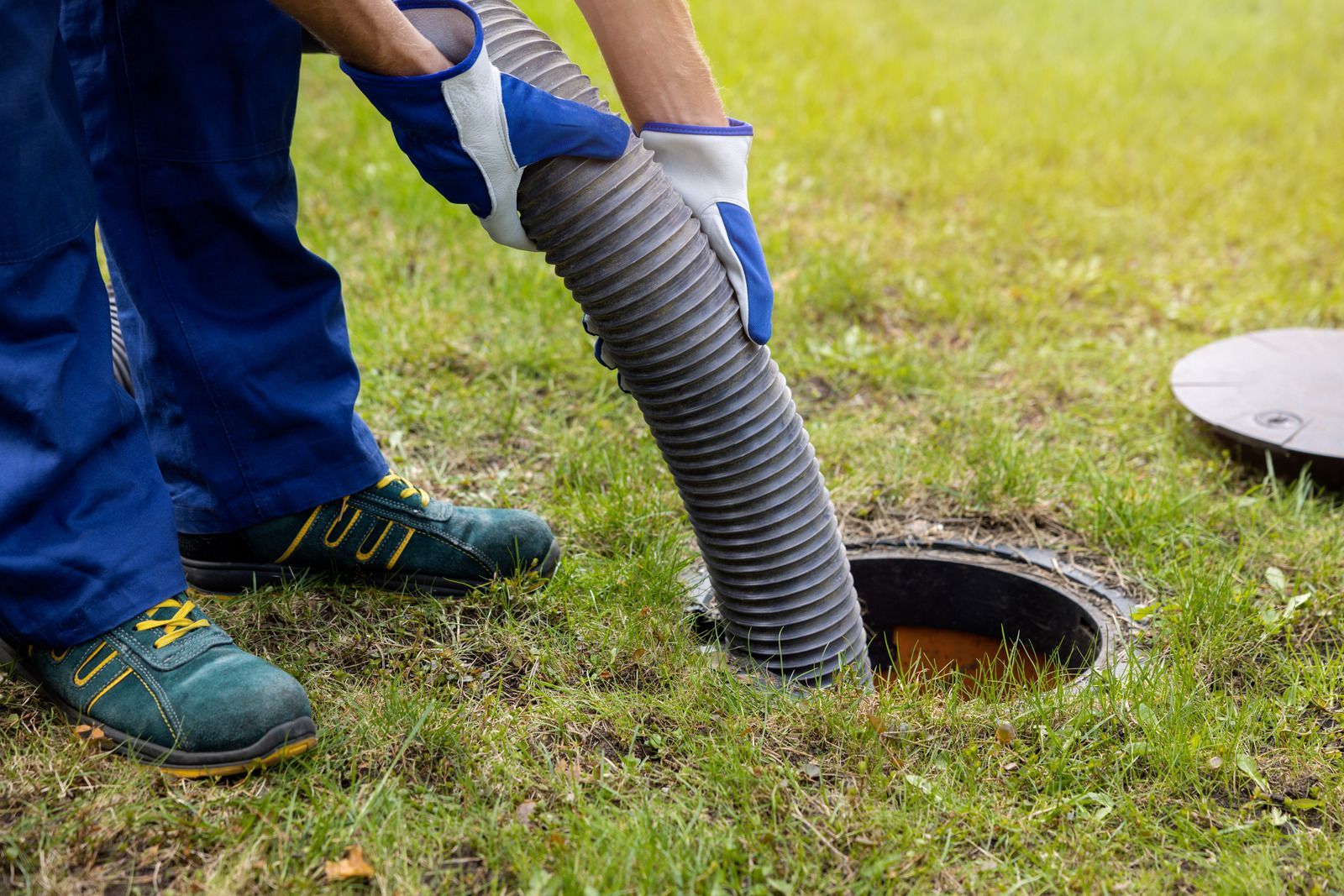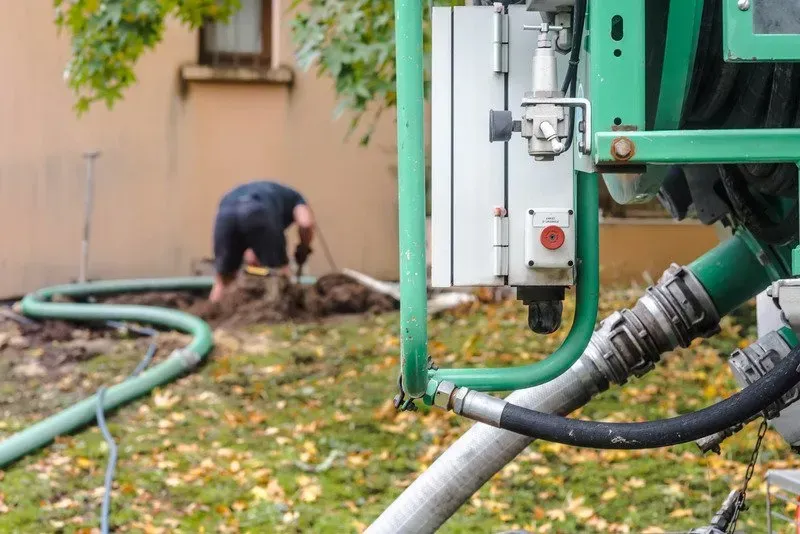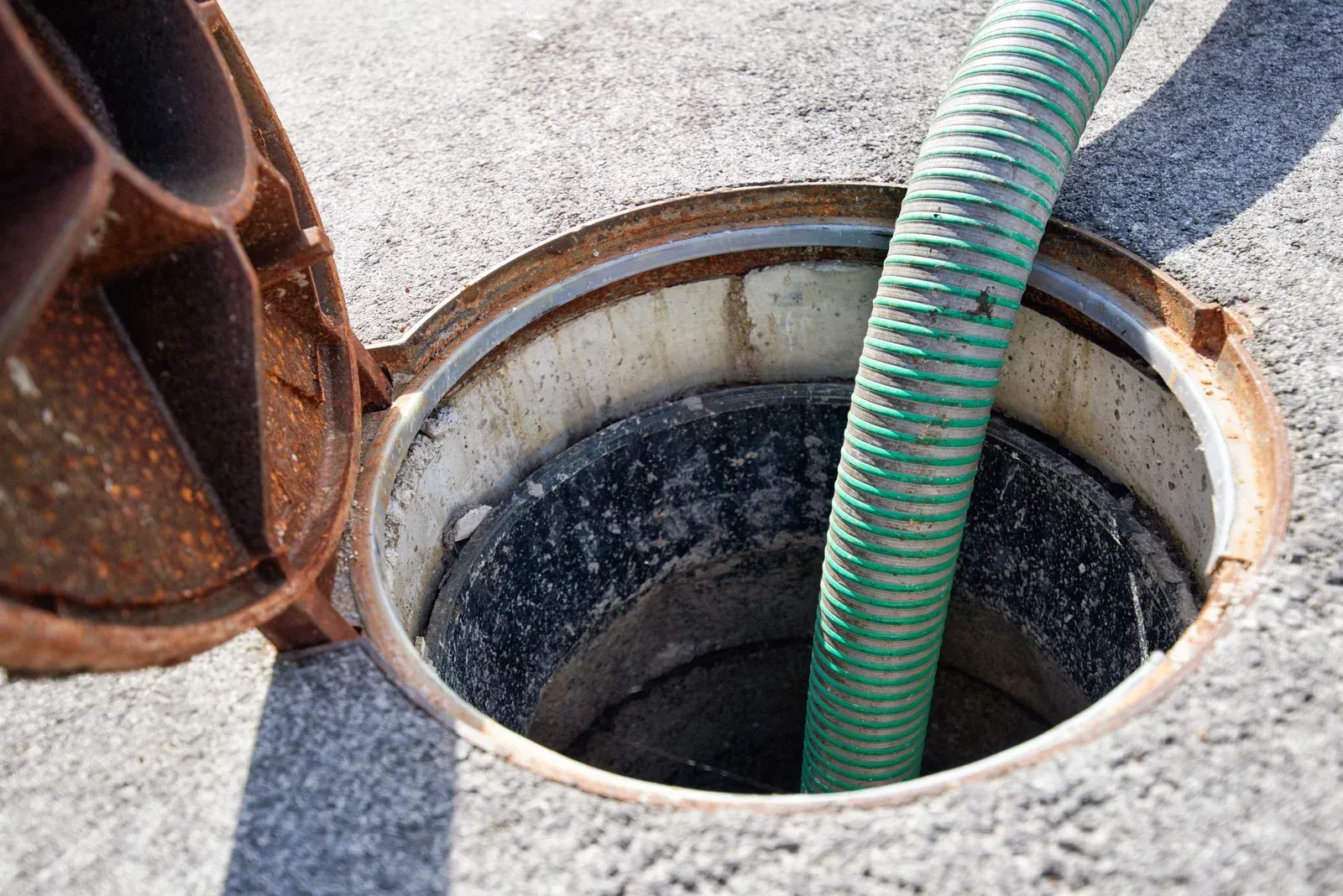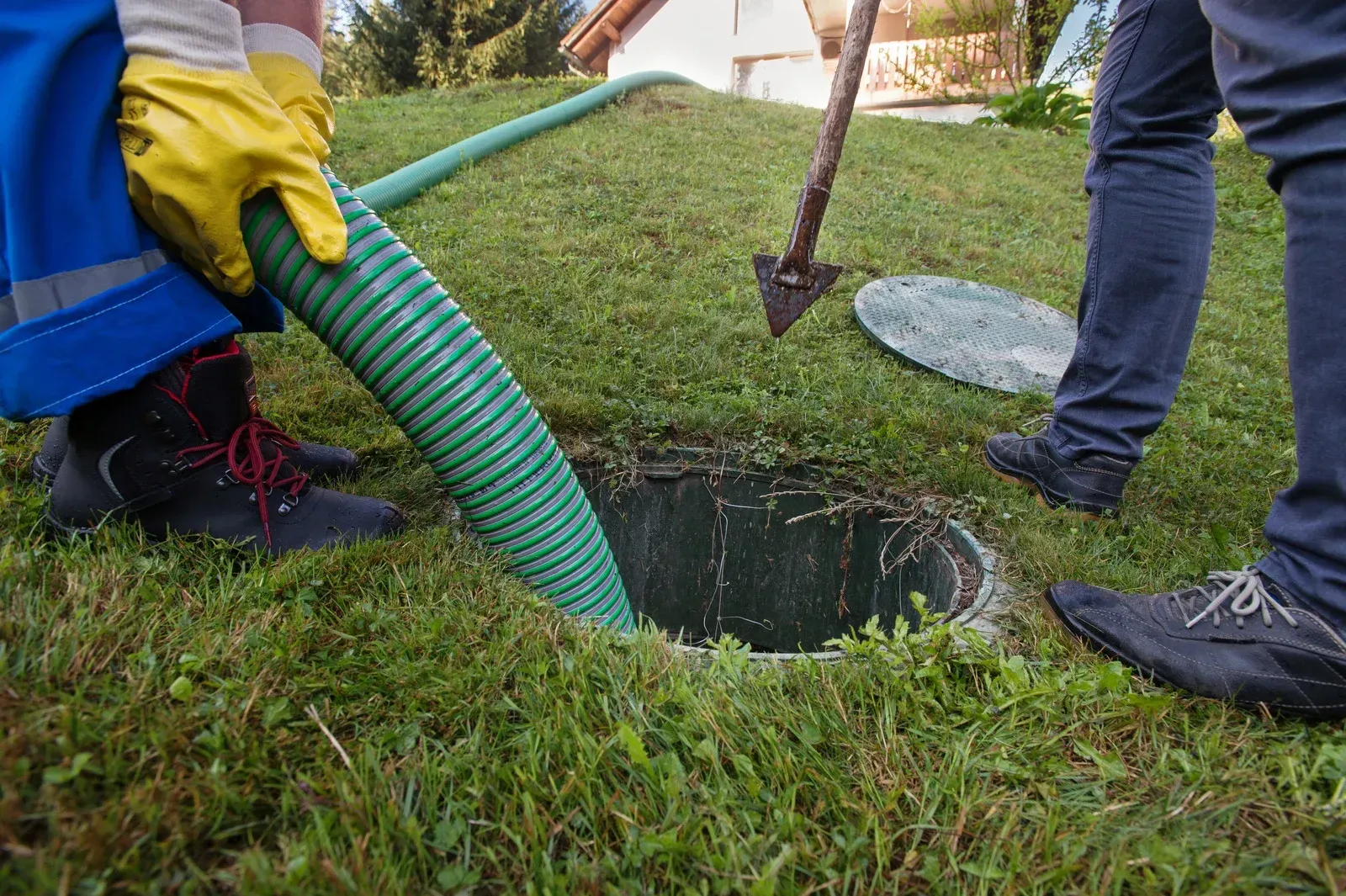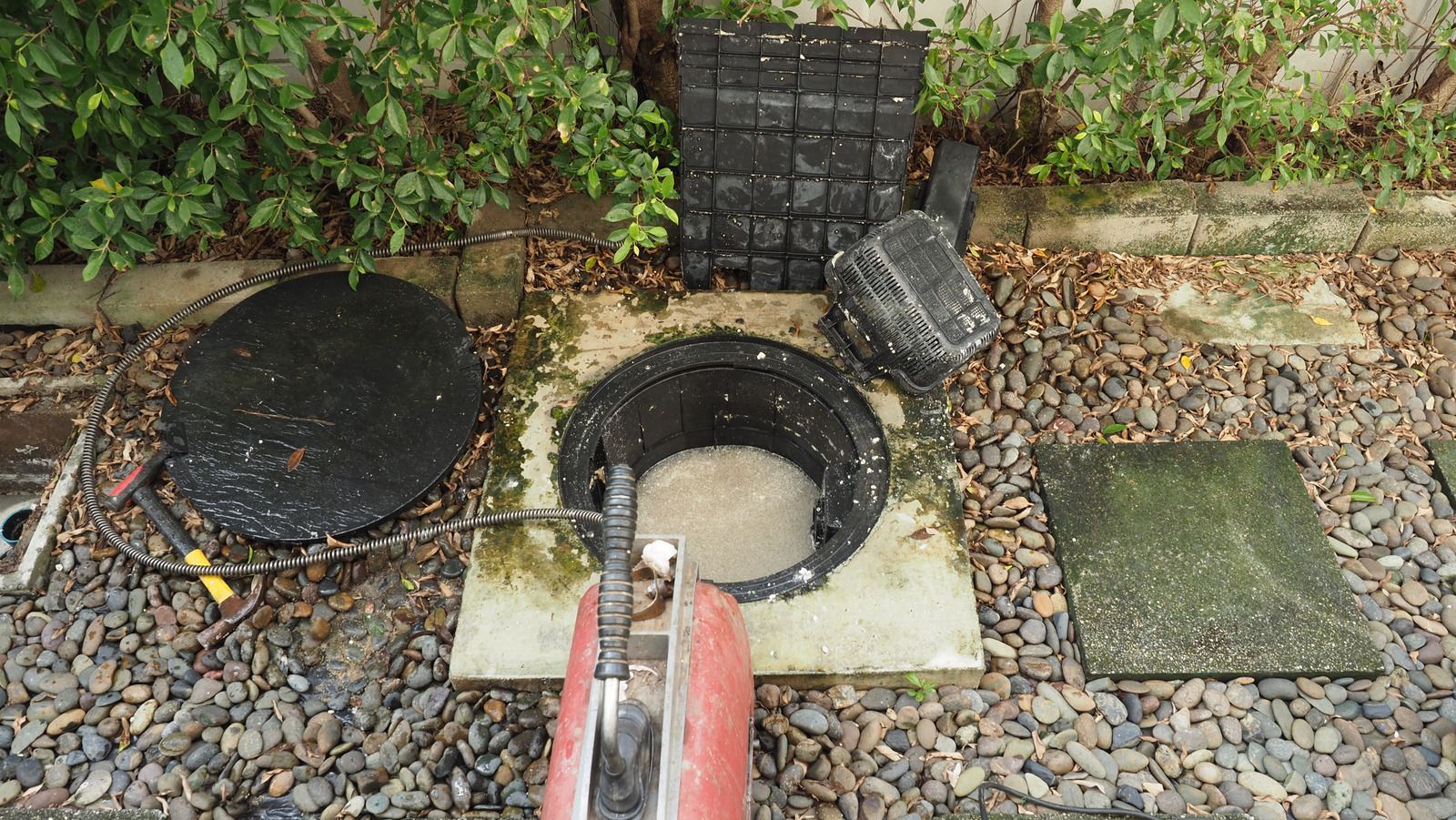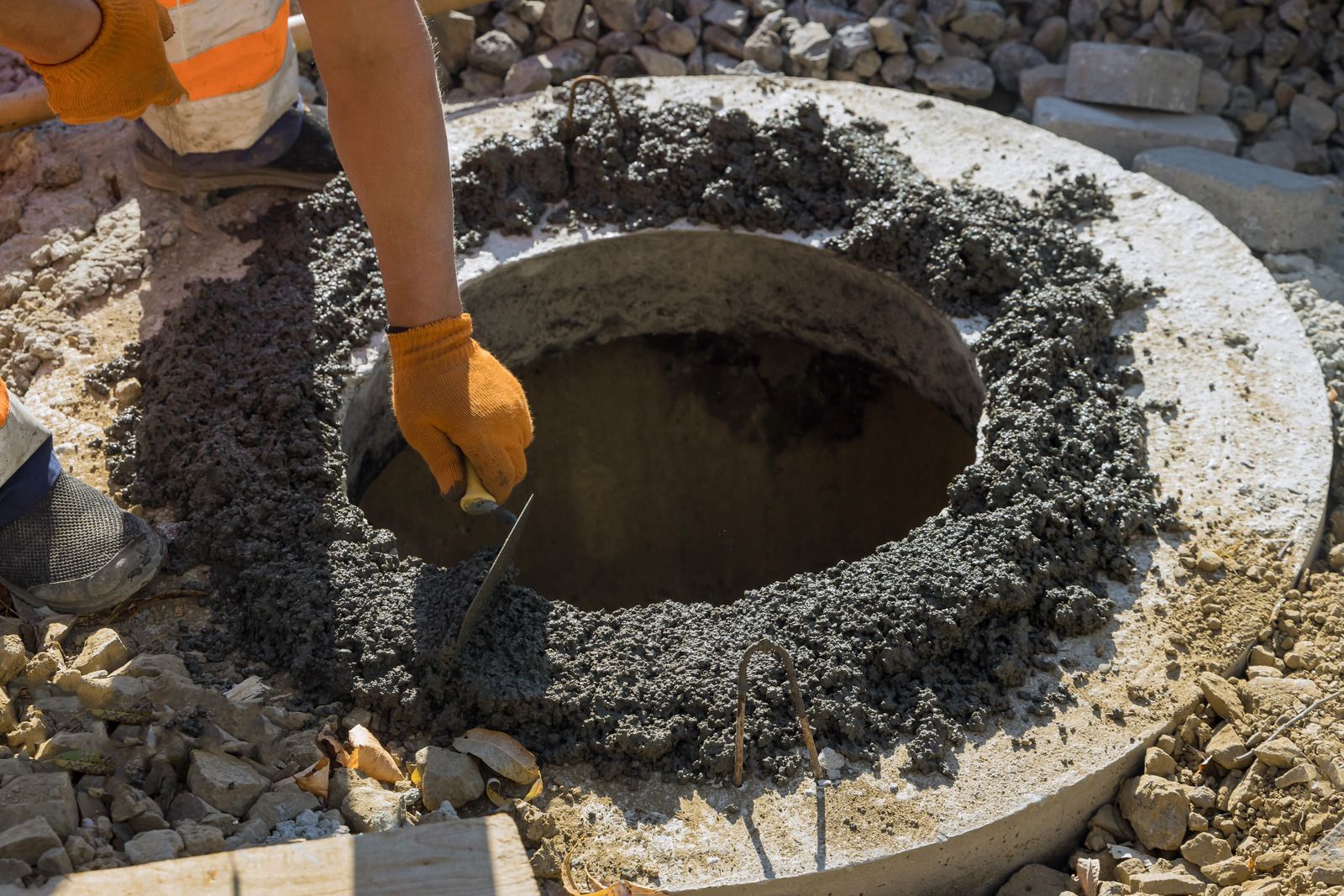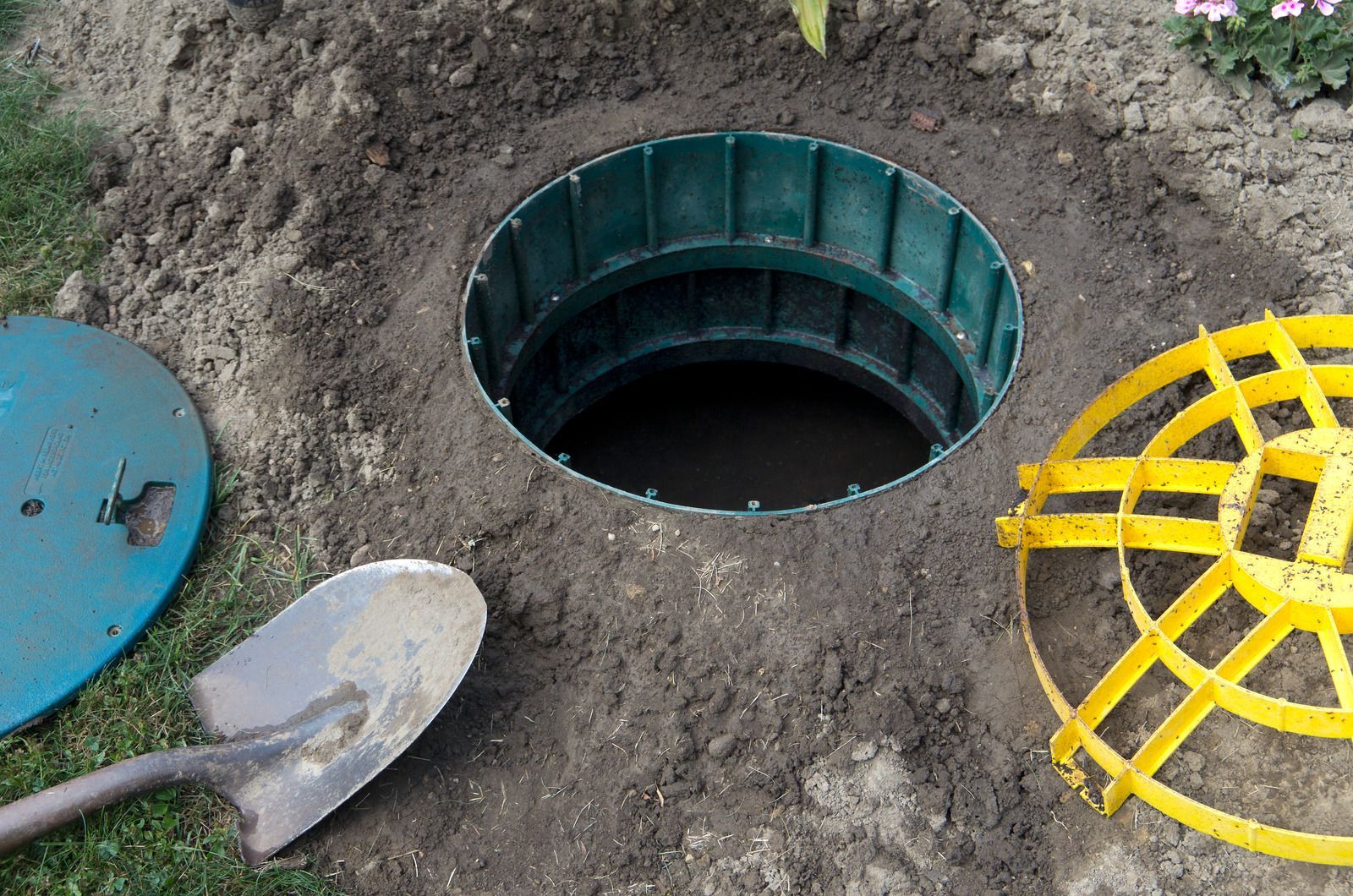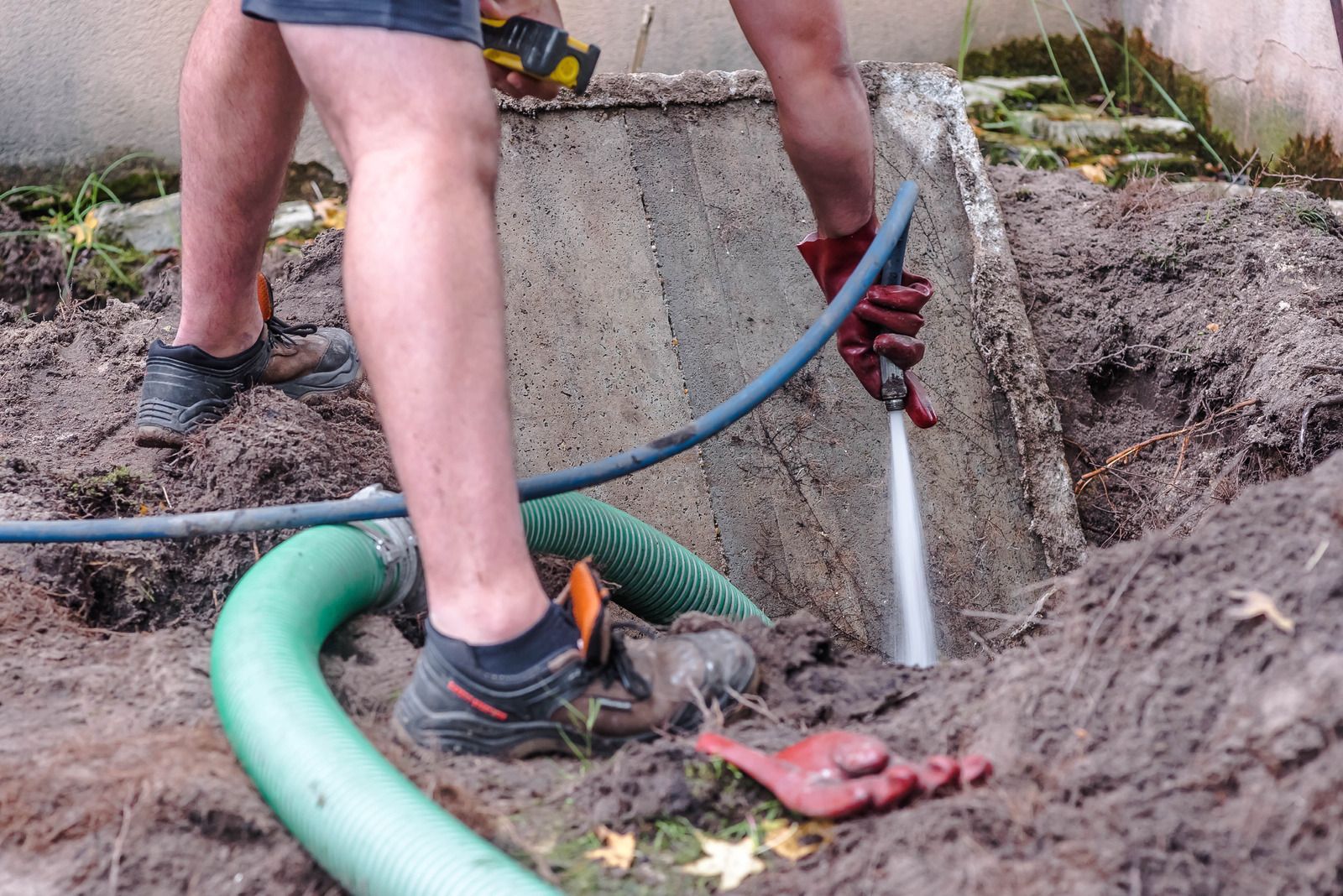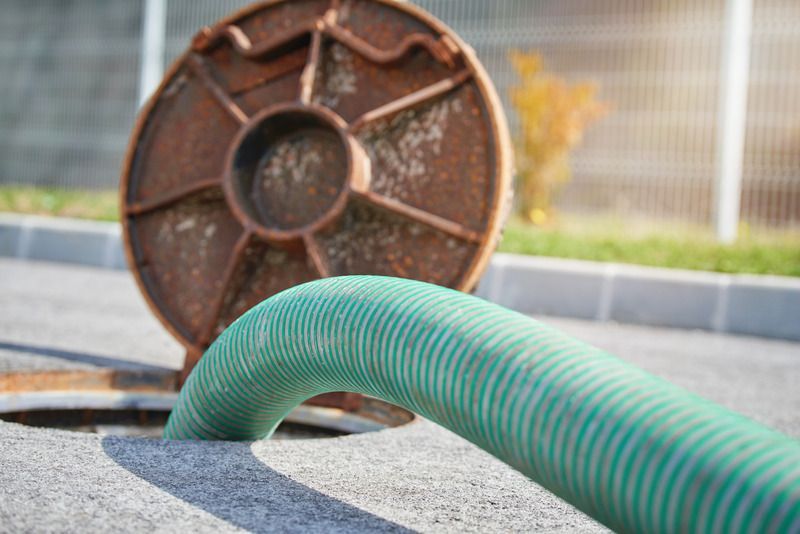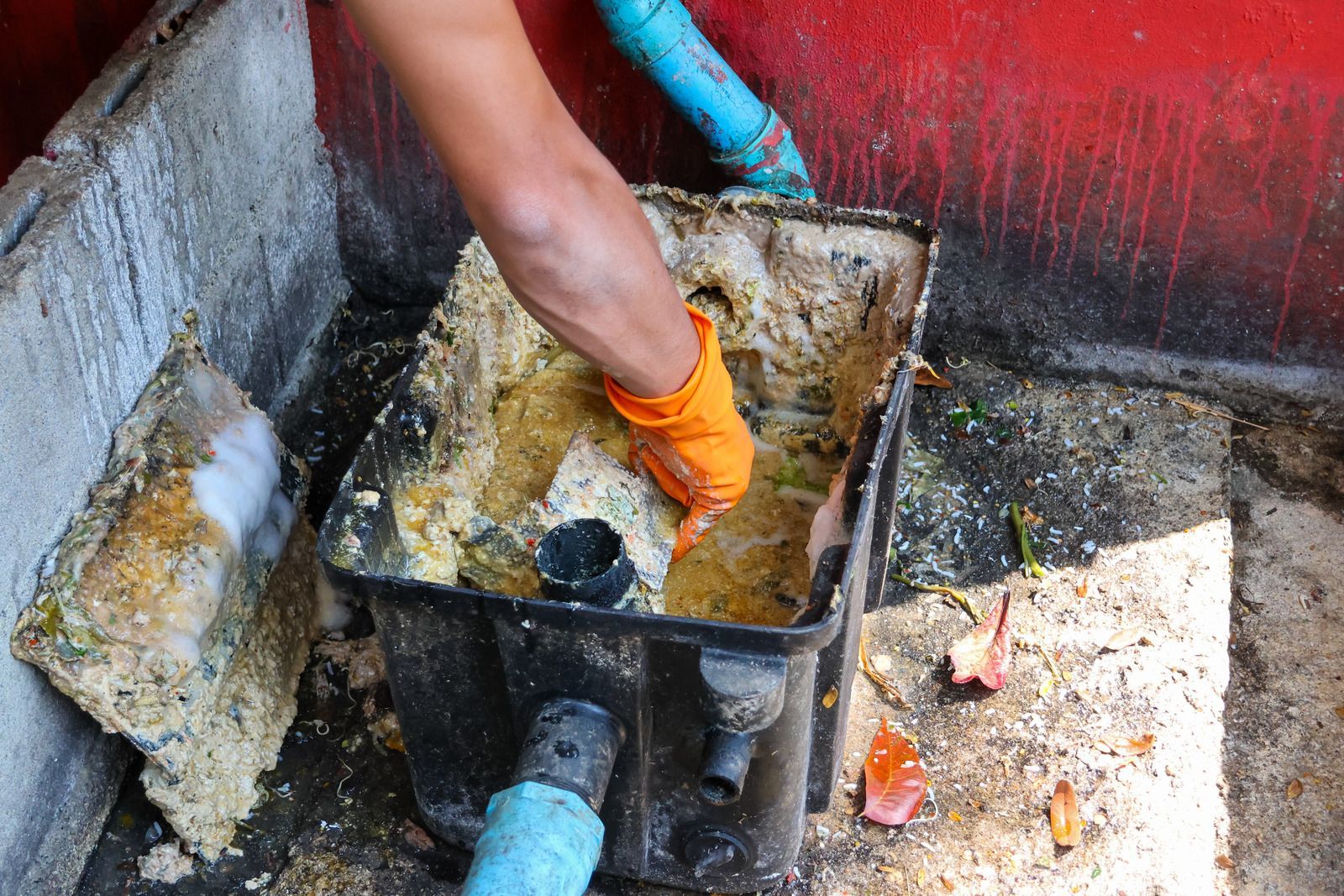Hidden Dangers of Skipping Professional Grease Trap Maintenance
Grease traps play a crucial role in maintaining the efficiency and hygiene of commercial kitchens by capturing fats, oils, and grease before they enter the plumbing system. However, neglecting regular professional maintenance can have severe consequences, affecting business operations, public health, and the environment. Below we have listed the hidden dangers of skipping professional grease trap maintenance.
Plumbing Blockages and Costly Repairs
One of the most immediate and expensive consequences of neglecting grease trap maintenance is plumbing blockages. Over time, accumulated grease solidifies, narrowing the pipes and causing severe clogs. These obstructions can cause backups, burst pipes, and delayed drainage if they are not removed. Emergency plumbing repairs and system replacements are significantly more expensive than regular upkeep.
Foul Odors and Unhygienic Conditions
A grease trap without proper maintenance allows bacteria along with decaying food waste to create offensive odors that fill both the kitchen and dining zones. The negative odor from an untreated grease trap repels customers while damaging the business reputation, along with creating poor working situations for the restaurant staff. Periodic maintenance helps reduce odor accumulation, which results in clean conditions and sanitary conditions.
Health Code Violations and Closure Risks
Health and safety regulations require food establishments to maintain their grease traps properly. Failure to do so can lead to violations, fines, and potential business closure. Health inspectors assess kitchen sanitation levels, and a neglected grease trap can result in citations for unsanitary conditions.
Increased Fire Hazard
Grease is highly flammable, and a poorly maintained grease trap increases the risk of kitchen fires. When excess grease accumulates and overflows into kitchen exhaust systems or drains, it creates a dangerous fire hazard. Regular grease trap maintenance significantly reduces fire risks by preventing excess grease buildup.
Environmental Pollution and Legal Consequences
When grease traps overflow or malfunction, FOG enters the municipal sewage system, leading to environmental pollution. Excess grease in wastewater treatment plants causes sewer blockages, contamination, and infrastructure damage. In many areas, businesses face hefty fines and legal consequences for improper waste disposal. Maintaining grease traps ensures compliance with environmental regulations and helps protect public water systems.
Poor Drainage and Operational Downtime
A clogged or overflowing grease trap results in poor drainage, leading to slow sinks, backed-up dishwashers, and inefficient kitchen operations. In extreme cases, businesses may be forced to halt operations for emergency cleanups and plumbing repairs. Downtime affects revenue and customer service, making preventative maintenance a smart business decision.
Food Safety Concerns and Pest Infestation
The accumulation of food waste and grease in an unmaintained grease trap attracts pests such as cockroaches, rodents, and flies. These pests spread bacteria and pose serious food safety risks, leading to contamination and potential foodborne illnesses. Routine grease trap cleaning eliminates food sources for pests, keeping the kitchen environment safe and compliant with health regulations.
Skipping professional
grease trap maintenance exposes businesses to significant risks, including costly plumbing issues, foul odors, health code violations, fire hazards, environmental pollution, operational downtime, and pest infestations. Regular maintenance ensures a clean, safe, and compliant kitchen while preventing expensive repairs and legal repercussions. Investing in professional grease trap maintenance is a proactive measure that safeguards business operations, protects public health, and preserves the environment.
